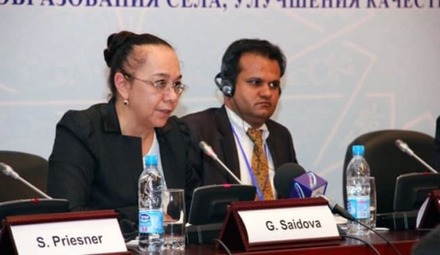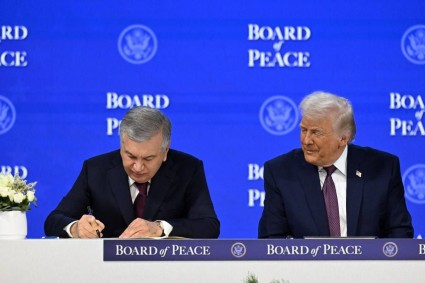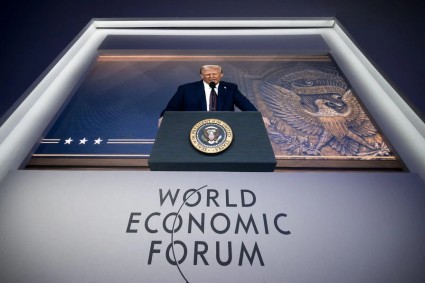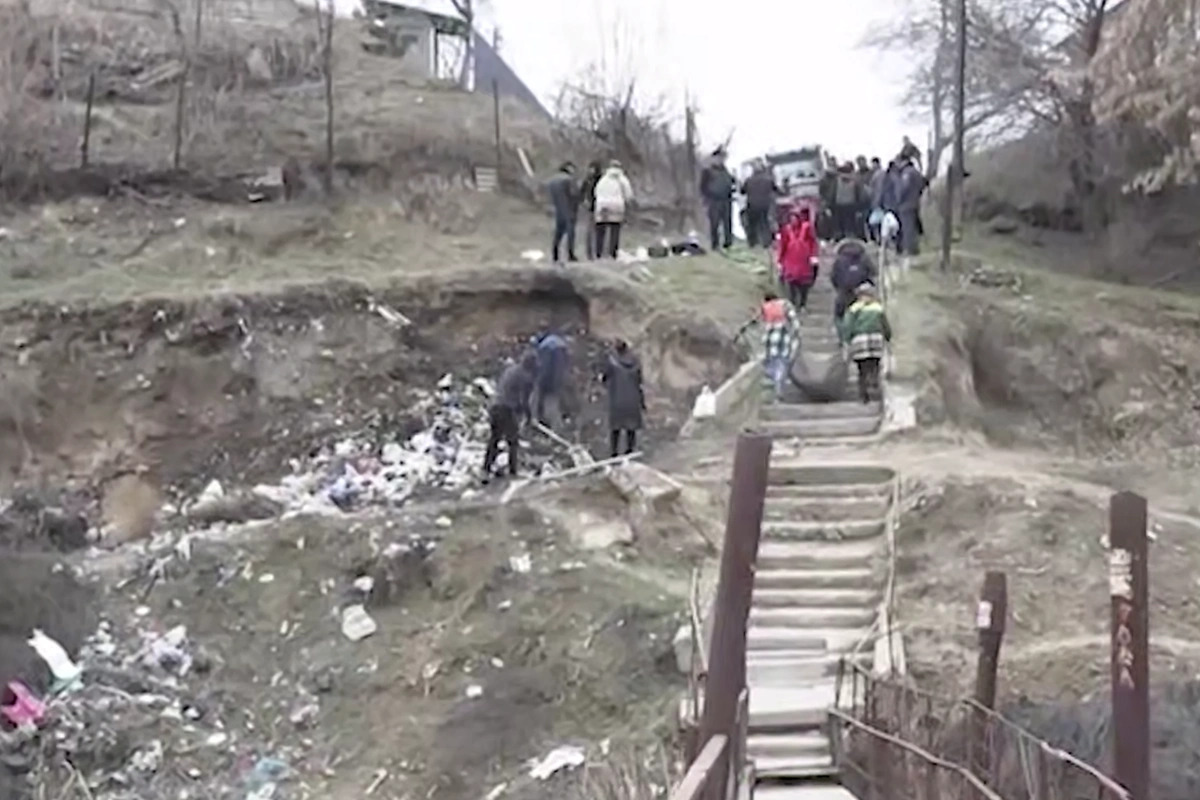Presidential deputy-adviser in charge of the economy Galina Saidova gave an interview to La Tribune: "Since 2017, the reforms introduced by President Shavkat Mirzioyev have placed Uzbekistan on an unprecedented growth path.
Being aware that the previous economic model inherited from the Soviet era was leading to an economic stagnation, the country started to take measures to carry out reforms for sustainable growth. As such, the monetary reform marks a turning point.
While the previous model had given rise to a system of double or even triple exchange rates of the Uzbek soum against the US dollar, thus encouraging the black market and informal economy, the removal of restrictions on access to foreign exchange under market conditions, as well as the possibility of obtaining bank loans in foreign currencies have considerably improved the conditions of competition between enterprises and opened the country to foreign investment. The business climate has also been encouraged by numerous tax incentives including a sharp reduction in taxes for large companies, allowing them to improve their financial stability and free up resources for large-scale private investments.
Modernization of industry
In addition to the sustainability of a healthy economic framework, support for the intensive modernization of the country's main industrial sectors is seen as one of the pillars of the ongoing reforms. Investment projects in the gas and chemical industries, metallurgy and the electrical industry are therefore encouraged: for the year 2020 alone, new capacities were commissioned for the production of 730 MW of electricity, the development of renewable energy sources being carried out in parallel. In the face of COVID-19, a cumulative increase of 17% in social benefits and a 10% increase in the minimum wage since February have helped to preserve consumption despite a 19% drop in remittances.
The agriculture is not lagging behind: an important part of the new reforms focuses on the valuation of agricultural raw materials in Uzbekistan. Cotton has been used as a test: in addition to cultivation, Uzbekistan is now able to ensure its transformation into fibers, threads, fabrics and then into finished products. If taking charge of the complete production cycle has favored the emergence of industrial and agricultural competitiveness clusters, it is also the tertiary sector that benefits: we have seen the development of numerous organizational, legal and financial links between links in production chains. All of the agricultural materials now reproduce this organizational scheme.
Fight against corruption and the informal economy
However, if the benefits of these reforms were already tangible with a growth of 5.6% in 2019, Uzbekistan is aware of the challenges that remain in the fight against corruption and the reduction of the informal economy. An Anti-Corruption Agency has been created. It is dedicated to prevention, the implementation of anti-corruption legislation, improving transparency and simplifying procedures.
In addition, the introduction in July 2020 of a new self-employed worker status was an important step in the fight against undeclared work. With this status, workers do not pay income tax but only a social tax taken into account in the calculation of their salary: more than 100,000 people registered as self-employed workers in the two weeks following this reform. This new status has made it possible to legalize the work of hundreds of thousands of people while contributing to the emergence of flexible jobs."
Transformation of education
Finally, if Uzbekistan has significant natural and material resources, the country does not forget that the economic development of a nation cannot be dissociated from the development of its human capital. This is the reason why important work has been launched to transform education and care systems. Lucid, the country has also understood that respect for the population, its mentality and its capacities, calls for its active participation - an element without which no reform can succeed. If the pandemic will have practically stopped growth in 2020, this transformation continues to attract European investors, especially French investors, and we are delighted about it.















